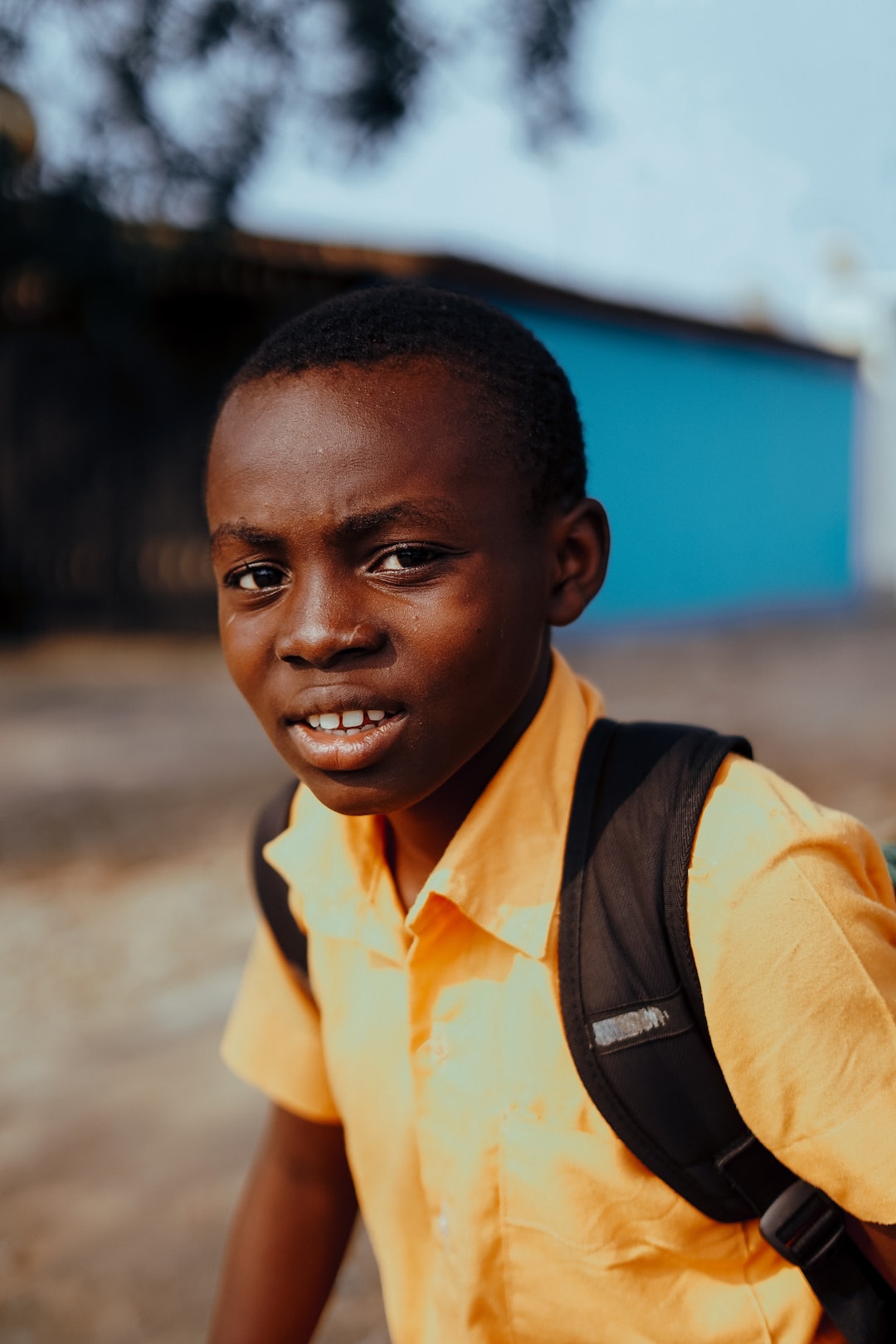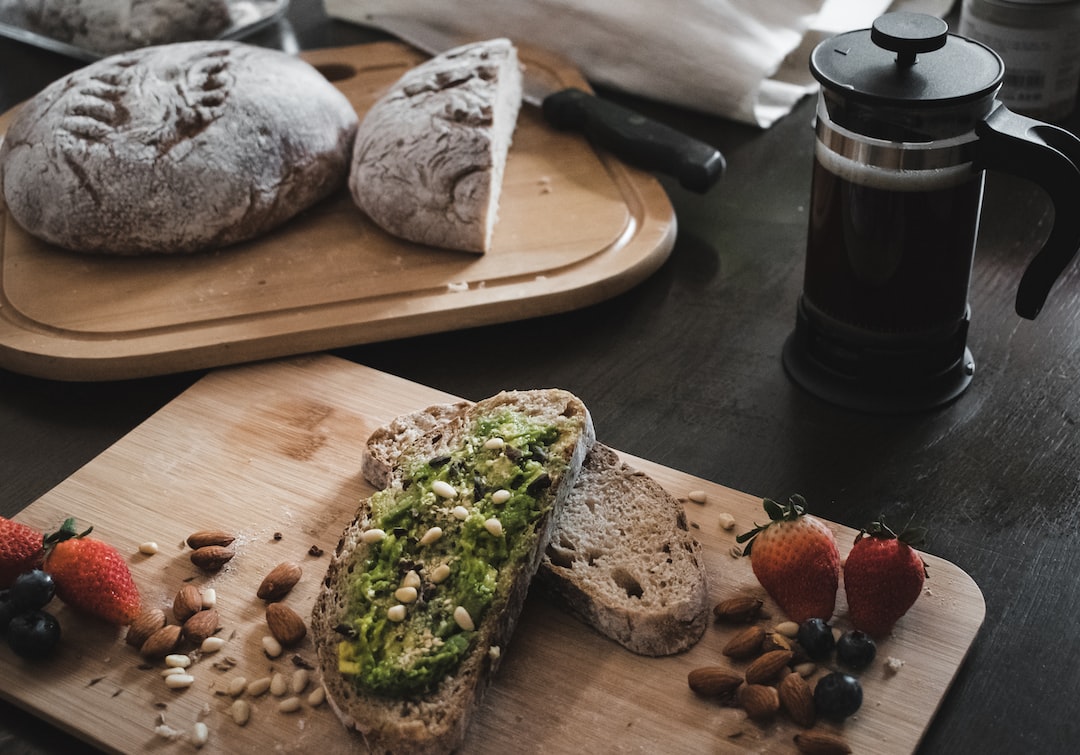Key Takeaways
Understanding the difference between being poor and being broke is crucial in order to address the issues related to poverty and financial instability. While being poor refers to a lack of resources and opportunities, being broke is a temporary state of financial hardship. It is important to recognize that poverty is a systemic issue that requires long-term solutions, while being broke can be resolved through short-term measures. By understanding the distinctions between these two terms, we can work towards creating a more equitable society and supporting those in need.
Introduction
When discussing financial struggles, the terms “poor” and “broke” are often used interchangeably. However, it is important to recognize that these two terms have distinct meanings and implications. While both refer to a lack of financial resources, they differ in terms of duration and underlying causes. In this article, we will explore the differences between being poor and being broke, and why understanding these distinctions is crucial in addressing poverty and financial instability.
Poor: A State of Long-Term Financial Hardship
Being poor refers to a state of long-term financial hardship, often resulting from systemic issues such as limited access to education, healthcare, and employment opportunities. Poverty is a complex issue that affects individuals, families, and entire communities. It is not simply a lack of money, but a lack of resources and opportunities that perpetuates a cycle of disadvantage.
Those who are poor often face significant barriers in accessing basic necessities such as food, shelter, and healthcare. They may struggle to afford education for themselves or their children, limiting their chances of upward mobility. Poverty can also lead to social exclusion and a lack of opportunities for personal and professional growth.
It is important to recognize that poverty is not solely the result of individual choices or shortcomings. It is a systemic issue that requires comprehensive solutions, including policies that address income inequality, improve access to education and healthcare, and create opportunities for economic empowerment.
Broke: A Temporary State of Financial Hardship
On the other hand, being broke refers to a temporary state of financial hardship. It is a situation where an individual or household may lack the necessary funds to meet their immediate financial obligations. This could be due to unexpected expenses, job loss, or other unforeseen circumstances.
Unlike poverty, being broke is often a temporary situation that can be resolved through short-term measures. This may include finding temporary employment, accessing emergency financial assistance, or developing a budgeting plan to manage expenses more effectively. While being broke can be challenging and stressful, it is important to recognize that it is not the same as being poor.
It is also worth noting that being broke does not necessarily imply a lack of financial literacy or responsibility. Even individuals who are financially savvy can find themselves in temporary financial hardship due to circumstances beyond their control.
Addressing Poverty and Financial Instability
Understanding the difference between being poor and being broke is crucial in order to address the issues related to poverty and financial instability. By recognizing poverty as a systemic issue, we can advocate for policies and initiatives that address the root causes of poverty and provide long-term solutions.
Efforts to alleviate poverty should focus on improving access to education, healthcare, and employment opportunities. This may include initiatives such as affordable housing programs, job training programs, and social safety nets that provide support to those in need. By addressing the underlying causes of poverty, we can create a more equitable society where everyone has the opportunity to thrive.
On the other hand, addressing temporary financial hardship requires a different approach. This may involve providing short-term financial assistance, promoting financial literacy, and creating opportunities for individuals to regain their financial stability. By offering support and resources to those who are broke, we can help them overcome their immediate financial challenges and prevent them from falling into long-term poverty.
Conclusion
Understanding the difference between being poor and being broke is essential in order to effectively address poverty and financial instability. While being poor refers to a long-term state of financial hardship resulting from systemic issues, being broke is a temporary situation that can be resolved through short-term measures. By recognizing these distinctions, we can work towards creating a more equitable society and supporting those in need. It is important to advocate for comprehensive solutions to poverty while also providing immediate support to those who are experiencing temporary financial hardship. By doing so, we can create a society where everyone has the opportunity to thrive and overcome financial challenges.









